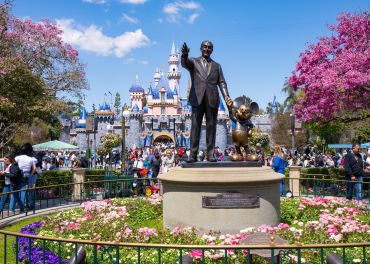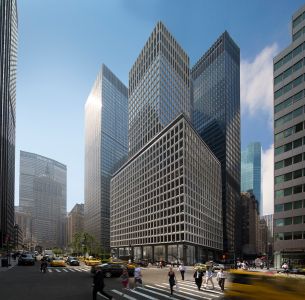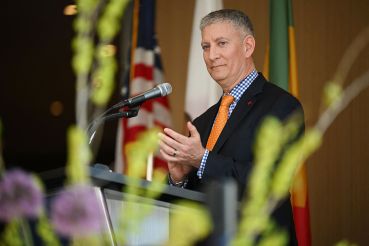Thus far in 2014, I have said and written numerous times that the commercial real estate sales market in New York City simply could not be any better. Sales volumes are soaring, both in terms of the dollar volume of sales and the number of properties sold, and we anticipate setting new volume records this year, surpassing 2007’s peaks. Values also continue to escalate and surpass ’07 levels in every property sector and submarket. Demand drivers are in overdrive as capital continues to pour into the market. In the 30 years I have been brokering the sale of properties in New York, market conditions have never been better for those of us who make a living based upon market activity.
How are we doing so well even as the country struggles to find its economic legs?
While we are now several years into our “recovery,” the rebound has been mediocre at best. This is astonishing considering the unprecedented level of government intervention that has occurred. Bailouts of the banking sector, the conservatorship of Fannie Mae and Freddie Mac, the restructuring and true bailout of the auto manufacturers, QE 1, QE 2, Operation Twist, QE 3 and seemingly QE Infinity have all had profound effects on our economy. But they have not produced much of a recovery at all.
The Great Recession was a brutal one. By any measure, the recession took its toll across the board. Most economists agree that it was the worst postwar recession we have had and in some ways came close to the Great Depression. After such a deep recession, the recovery was expected to be particularly strong. Some economists use the analogy of stretching a rubber band. The more you stretch it, the faster it snaps back. Most economists would have predicted GDP growth of 4 to 5 percent (or more) per year and job creation in the 700,000- to a-million-jobs-per-month range for an extended period.
Massive over-regulation has left the markets hamstrung. Fear and uncertainty have also left employers and entrepreneurs alike generally unwilling to make the capital investments needed for growth. The present administration continues to tout dozens of consecutive months of private sector job growth. But that growth has only been a fraction of what it should or could be. Indeed, we have regained all of the 8.7 million jobs lost during the recession, and that’s the most significant fundamental for commercial real estate demand. However, our population is now about 14 million greater than it was in 2007. By extrapolation, we would need to have about 9.7 million more Americans employed to have the same collective feeling of comfort that we had before the recession.
Mayor Bill de Blasio talks quite a bit about the tale of two cities and the growing income-inequality gap. Advances in technology are a huge contributor to this dynamic. Unskilled and moderately skilled jobs are being replaced by automation, and we have been slow to react. Municipalities have been pushing to significantly increase the minimum wage, which would likely accelerate the speed at which unskilled jobs are replaced. The result is that job growth is weak. And this lackluster job growth is taking its toll.
Consumer confidence has been uneven, with a drop in April and a slight uptick in May. Recently, revisions to first quarter GDP showed a contraction at an annual rate of about 1 percent. If GDP contracts in the second quarter, the U.S. economy will technically be in another recession. Even if that doesn’t happen, GDP growth at less than 2 percent leaves us feeling like we are in a recession. U.S. consumer spending fell for the first time in a year (0.1 percent) in April. While auto sales and housing starts were strong, the Case-Shiller home index shows 12 cities in the 20-city composite with worsening annual appreciation rates.
So are we in a recession? Time will tell. But for the moment, we should all be thankful that we work in the New York metro area, which continues to experience demand from across the country and around the globe with seemingly no end in sight.


